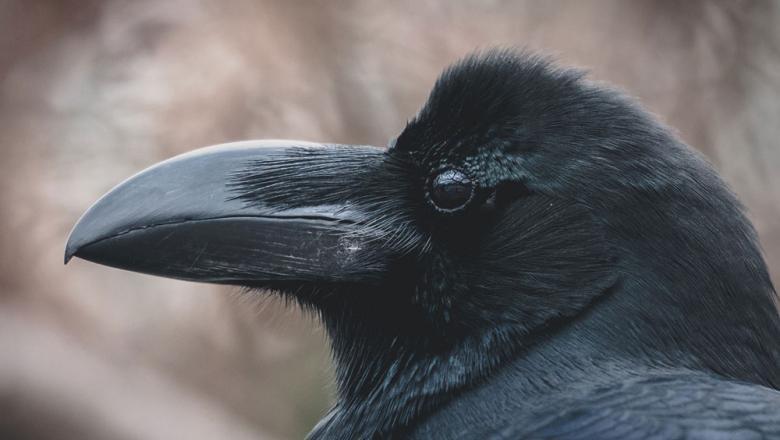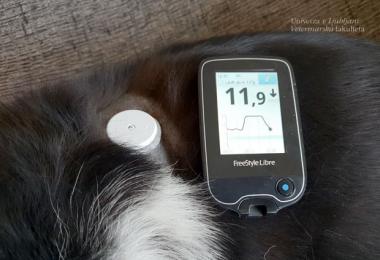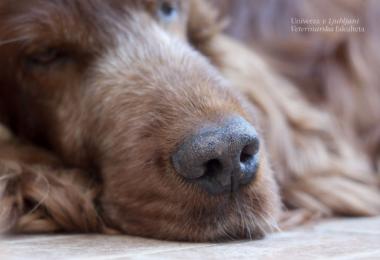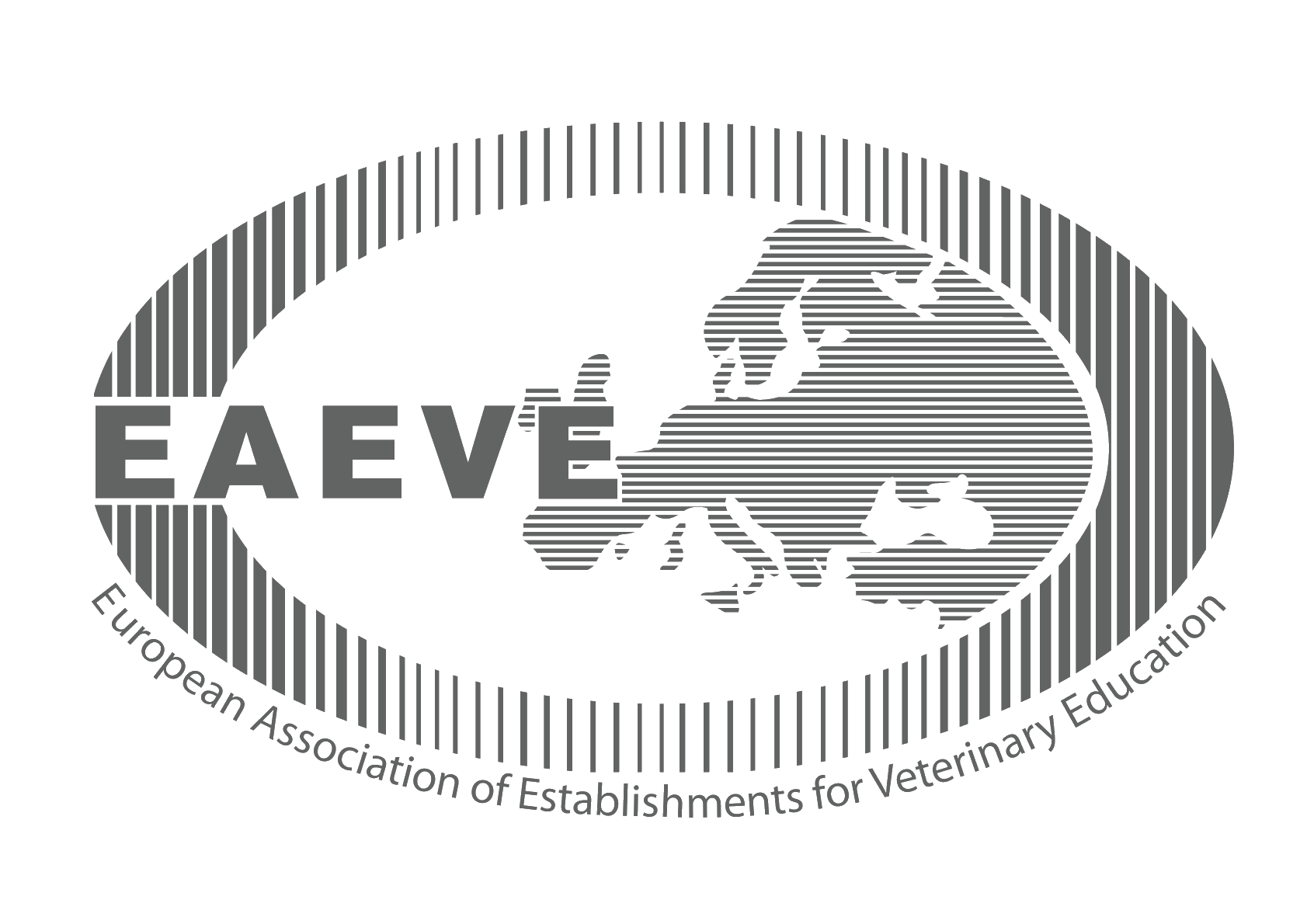Subscribe to our service announcements and helpful tips.
Notice About Outbreak of West Nile Disease and Usutu Virus in Birds

The Laboratory for Infectious Diseases of Poultry and Birds of the National Veterinary Institute has confirmed West Nile Virus (WNV) infection in hooded crows (Corvus cornix) and the Usutu virus in common blackbirds (Turdus merula). All the birds that tested positive were found in Ljubljana.
West Nile virus and Usutu virus are flaviviruses belonging to the serological group of Japanese encephalitis. Wild birds are natural hosts and the main carriers of the virus are mosquitoes, mainly from the Culex spp. genus, which are also found in Slovenia.
Some species of birds (e.g. crows, geese, birds of prey) are highly susceptible to the disease caused by WNV and die from a serious systemic disease. Signs of the disease can manifest in the form of nervous disorders (cramps, coordination problems) and death. Among mammals, horses are particularly sensitive and, after being infected with the WNV virus, they can fall ill showing signs of encephalitis or encephalomyelitis. The disease can be present with or without a fever, and it progresses progressively leading to paralysis, coma and death. In Europe, however, an increasing number of cases have been reported in humans.
Usutu virus infections can be particularly dangerous for some species of birds, such as blackbirds and some owls; the infection can cause them to die. It was first discovered in South Africa in 1959 in mosquitoes. Outbreaks of this disease in birds in Europe were reported as early as 2001 and 2002 in Austria, 2005 in Hungary, 2006 in Italy, Switzerland and Spain; 2011 in Germany and the Czech Republic, 2012 in Belgium, 2015 in France, 2016 in the Netherlands, Belgium, France and Germany, 2017 in Austria and 2018 in Germany.
According to available data, no clinical cases of this disease have yet been reported in other animal species, although the virus was isolated from the brains of two dead bats in Germany. However, there are known to be individual cases of infection in humans.
Useful links:
Priporočilo za ravnanje v primeru najdbe poginjene prostoživeče ptice
http://www.uvhvvr.gov.si/si/delovna_podrocja/zdravje_zivali/bolezni/
http://www.nijz.si/sl/spremljanje-virusa-zahodnega-nila
Inštitut za perutnino, ptice, male sesalce in plazilce, Veterinarska fakulteta Ljubljana
Location
Gerbičeva 60
SI-1000 Ljubljana
Slovenija
Sample Reception
Samples are received at several locations throughout Slovenia. See where.
The veterinarian on duty
Emergency veterinary assistance for dogs and cats and a telephone number of constant readiness.
Library
A wide selection of domestic and foreign professional literature in the field of veterinary medicine and other sciences.
Main navigation
-
Education
- Informativni dan
- Why to become a veterinarian?
- Undergraduate Studies
- Postgraduate studies
- Pripravništvo
- Summer Schools
- Continuous education
- Professional Development
- International Activity
- Mednarodna dejavnost - Tuji študentje
- The Path to Creative Knowledge
- Tutoring
- Extracurricular Activities
- Career Centres
- Alumni
- Student organizations and societies
- Quality Assurance
- Clinics
- Diagnostics
- Dobrobit
- NVI
- Research
- About us
- Hub








